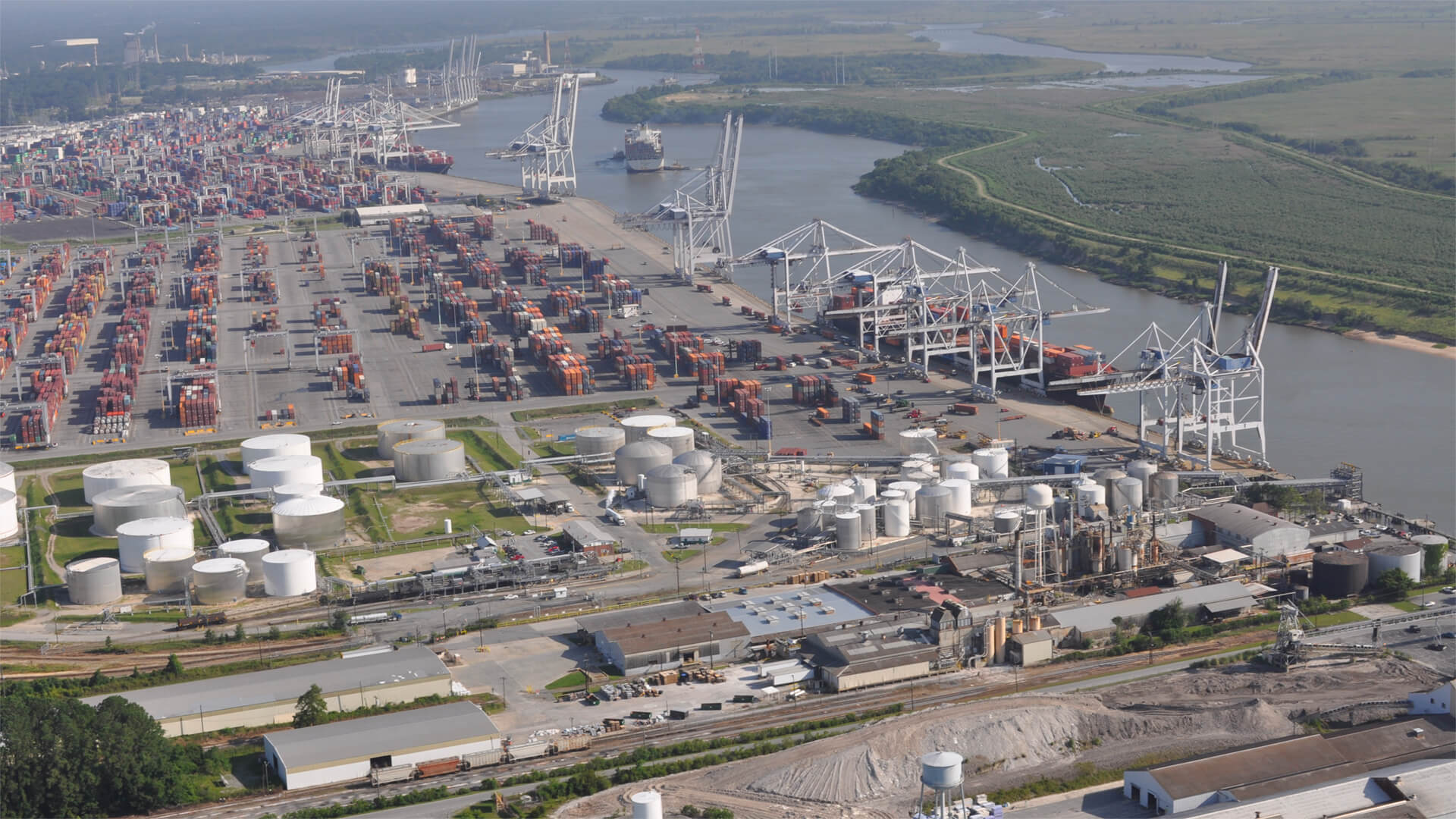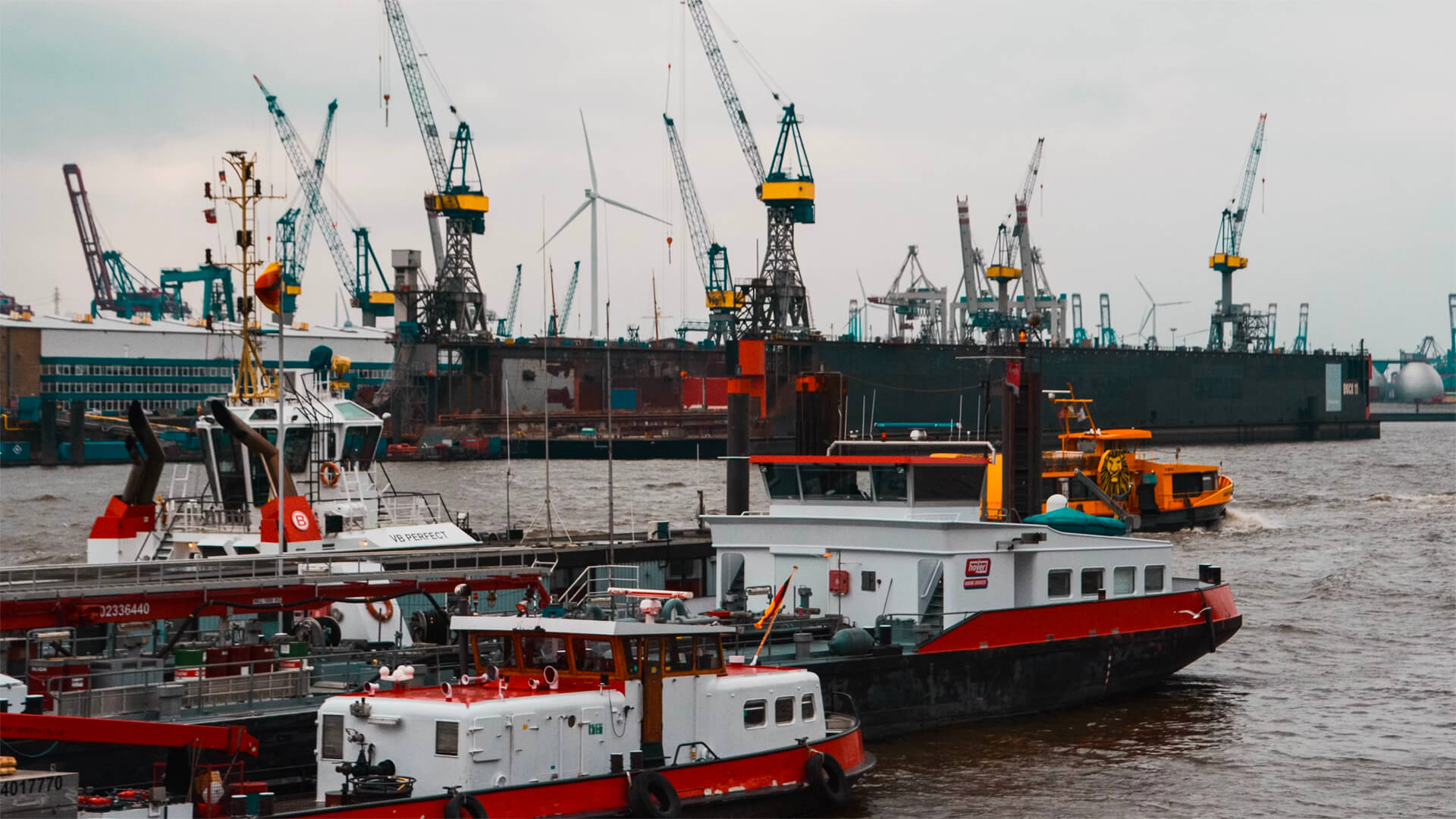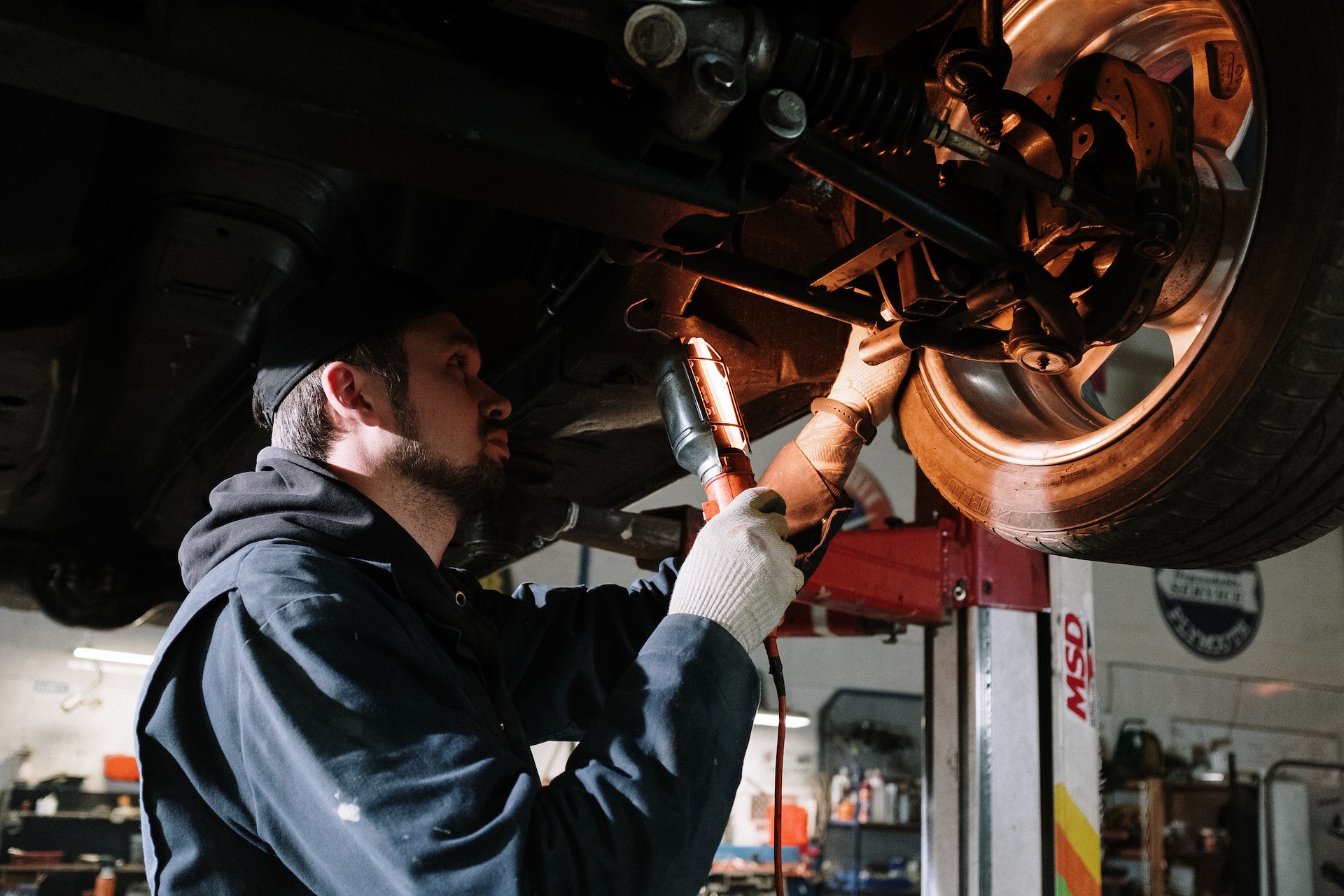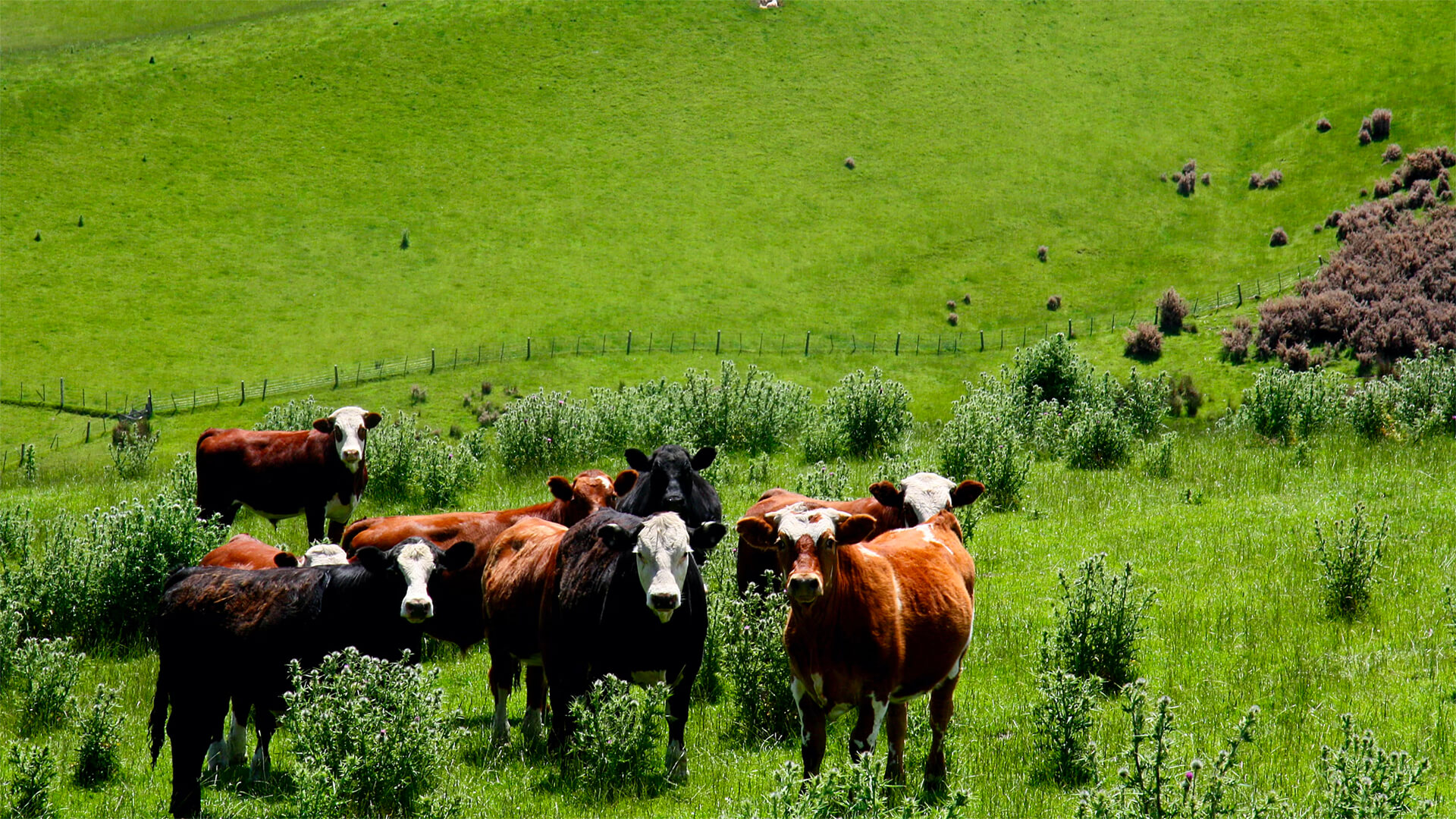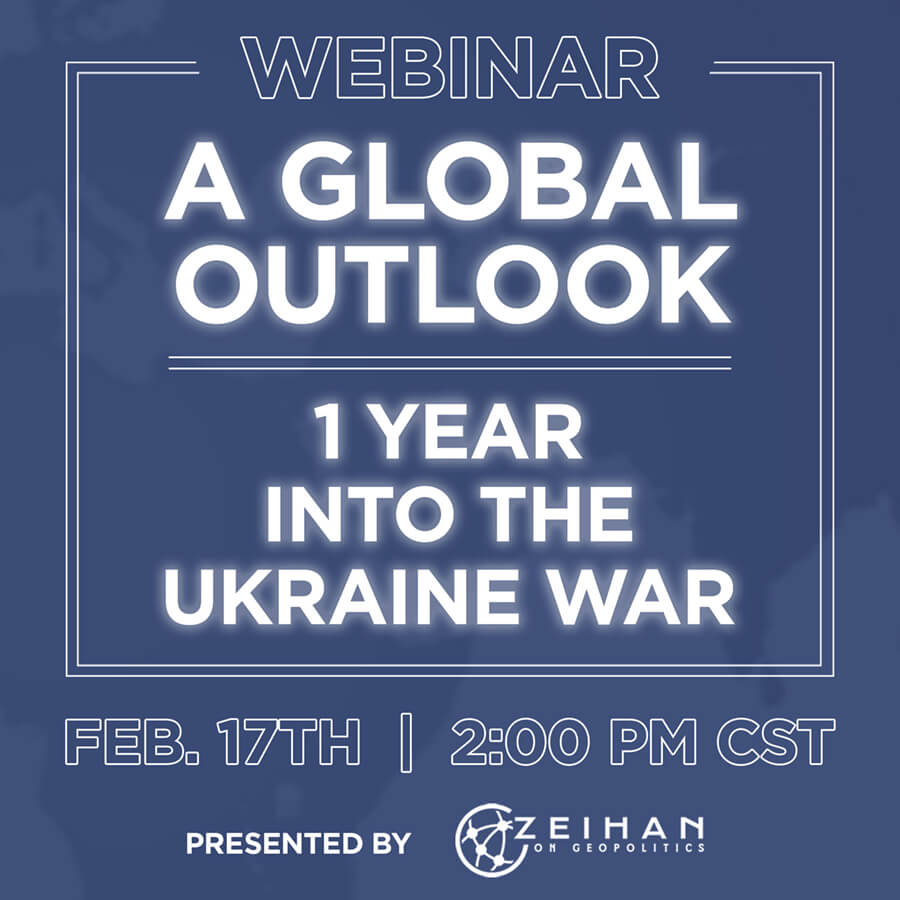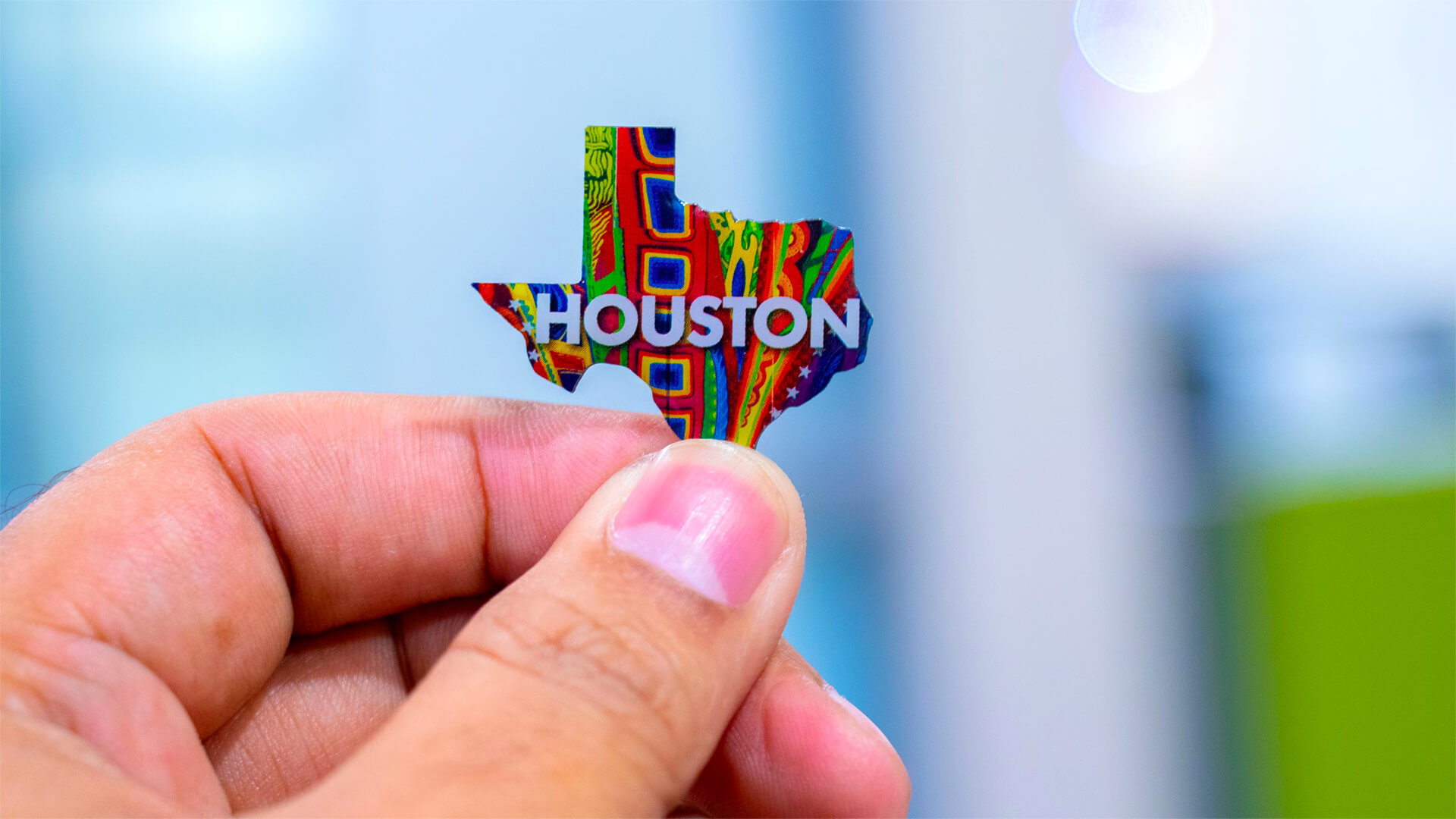Savannah is awesome!
Not only is it home to my favorite bar and one of my favorite food scenes, but it is also the site of the largest containerport in North America. For the people of Savannah, a lot of the hard work has already been done. They are well positioned to thrive no matter what happens with the global environment or how Americans do or do not take advantage of the changes.
Also, the best shrimp and grits on the planet.
Here at Zeihan On Geopolitics we select a single charity to sponsor. We have two criteria:
First, we look across the world and use our skill sets to identify where the needs are most acute. Second, we look for an institution with preexisting networks for both materials gathering and aid distribution. That way we know every cent of our donation is not simply going directly to where help is needed most, but our donations serve as a force multiplier for a system already in existence. Then we give what we can.
Today, our chosen charity is a group called Medshare, which provides emergency medical services to communities in need, with a very heavy emphasis on locations facing acute crises. Medshare operates right in the thick of it. Until future notice, every cent we earn from every book we sell in every format through every retailer is going to Medshare’s Ukraine fund.
And then there’s you.
Our newsletters and videologues are not only free, they will always be free. We also will never share your contact information with anyone. All we ask is that if you find one of our releases in any way useful, that you make a donation to Medshare. Over one third of Ukraine’s pre-war population has either been forced from their homes, kidnapped and shipped to Russia, or is trying to survive in occupied lands. This is our way to help who we can. Please, join us.
TranscripT
Hey everybody. Peter Zeihan here coming to you from Savannah, one of my favorite cities in North America. And one of the reasons is the bars, and one of the reasons are the restaurants and the other one, it is home to the largest container port in the continental United States, been operating for a few years now. They keep expanding it.
You’re looking at here one of the Merce medium size ships. The supers do come through here. They just have a problem getting through that bridge there. All right, It’s raining. We’re gonna do the rest of this inside. All right. Got some shelter. The Savannah super container port is definitely the newest in North America, and it’s the only one that was really designed for the the post-June TechEd world that we’ve got.
So the Jones Act restricts shipping within the United States, saying that no foreign vessel, no matter what kind, can dock at two consecutive ports. If they come in, then they have to leave the country to come back. And that’s made it really hard to have a domestic waterborne manufacturing system in the country. But it wasn’t until the Savannah port came on operation in the last decade that we actually had a place in the United States could really handle the very, very large container ships.
I mean, yes, you got Long Beach, California, such a special case in so many ways. Usually what happens is they dock in a place like Kingston, Jamaica, and then the cargo is broken up into smaller vessels who can just do a single run because the idea of doing a circuit where you go to New York and Boston and more Fulgham and Savannah and Miami, a foreign ship can’t do that.
It can come in, dump its cargo and leave, has it in the country before it comes back. So those shuttle tankers take most of the traffic except for, again, at the mega port of Long Beach. Oh, the question is, moving forward as the United States re industrialized is because we have to of which sorts of ports are actually going to be able to continue operation.
Now, in the case of Savannah, it probably is looks pretty good because you’re not going to build a huge amount of manufacturing in Atlanta or in Miami. And so you can still have the super container ships coming in and docking and disgorging to serve a huge area because Savannah has excellent rail connections, which is how most of this stuff is shipped about.
But when you’re talking about areas where manufacturing can move back, eastern Virginia, for example, or Texas, then all of a sudden the ability to take really, really large cargo ships really doesn’t matter. And so it’s only going to be the small stuff that can continue to go. I’m particularly concerned about places like Long Beach because despite all of the negative things that everyone always says about California, most of that stuff is coming from China.
If the Chinese face stability issues, they’re going to have to find a different business model. Other ports, like say Tacoma, are a little bit different because they handle so many commodities exports, but places that specialize in containers really haven’t put in the infrastructure to adapt to the changing world. And I really don’t see it happening on the time scale that is necessary for this transformation the U.S. is going to be going through in the next 5 to 7 years.
Savannah seems to be in the sweet spot. It’s all keepers. I think.

